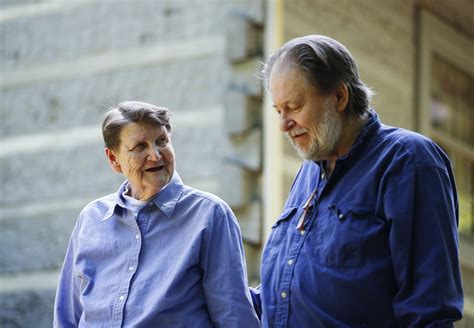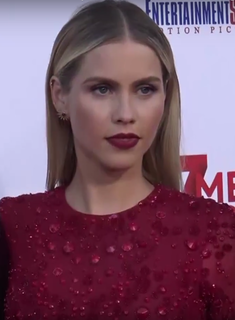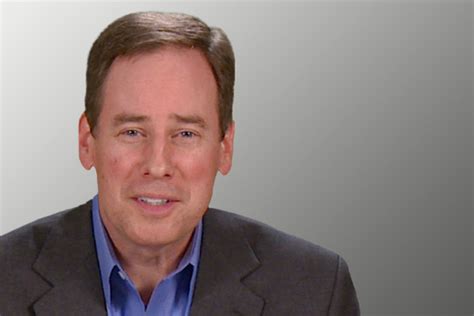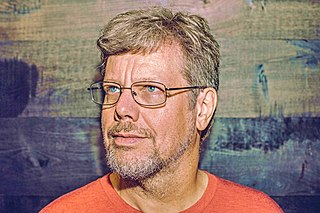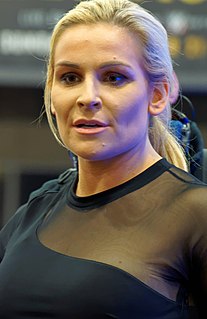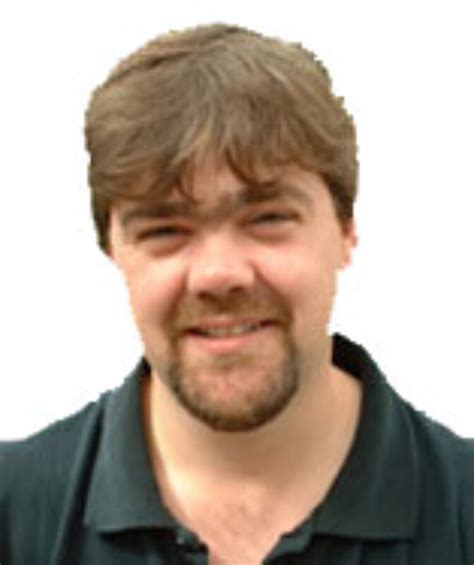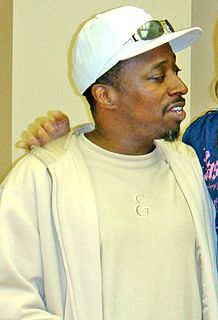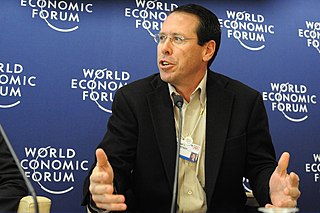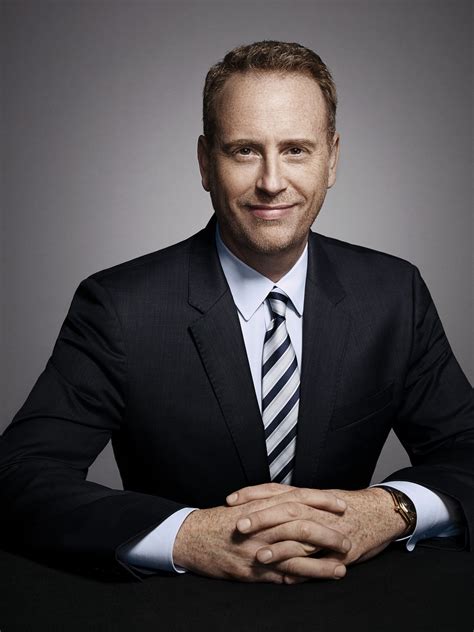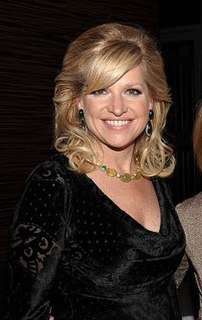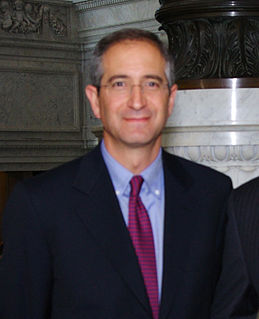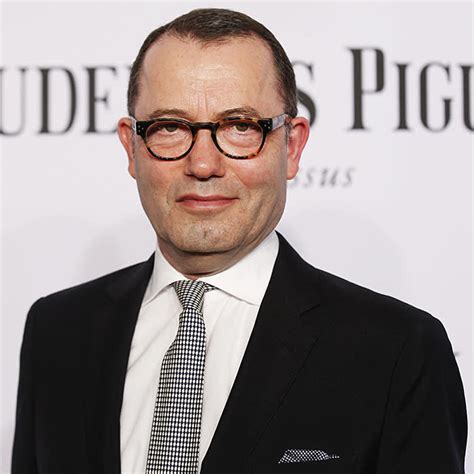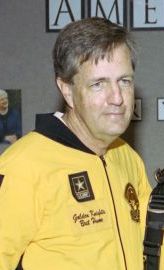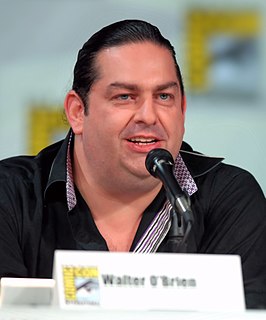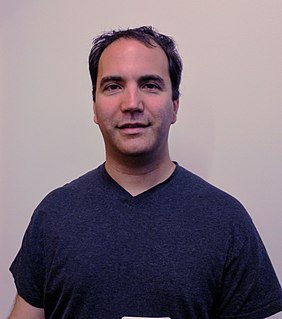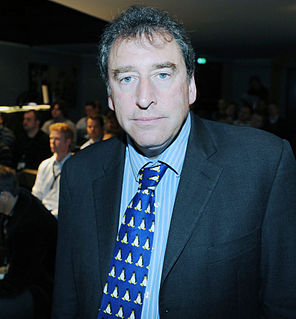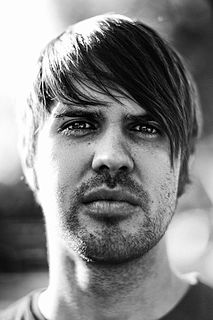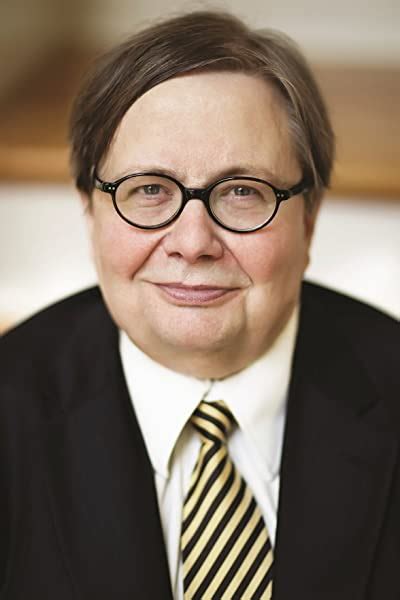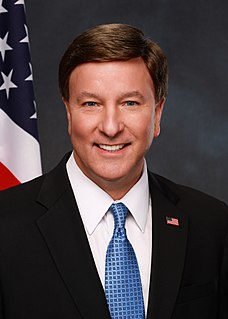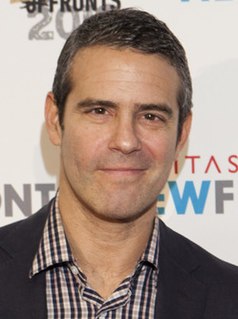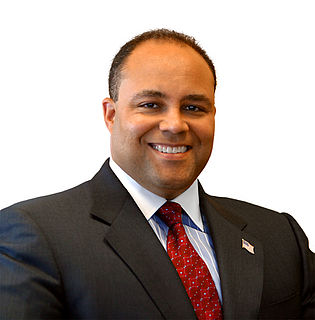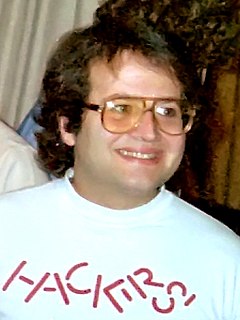Top 669 Programming Quotes & Sayings - Page 9
Explore popular Programming quotes.
Last updated on November 22, 2024.
We often seem to be swimming through such a miasma of sexual violence - in advertising, television programming, heavy metal, rap, films, and worst of all, in the home - that even First Amendment absolutists sometimes daydream about how nice it would be to have government-as-nanny just outlaw all this effluent.
Programming is how we talk to the machines that are increasingly woven into our lives. If you aren't a programmer, you're like one of the unlettered people of the Middle Ages who were told what to think by the literate priesthood. We had a Renaissance when more people could read and write; we'll have another one when everyone programs.
You have to watch CNN, MSNBC, Fox and then the local news and then Al Jazeera. The truth is somewhere in the middle, because all of them are lying. It's what they're not saying that's really going on. What they're saying is called television programming. They're telling you this is the program. You are being programmed.
You are not in the world...the world is in you," what did he mean? [That is, you are not in the world," that is, there is no "you" that is real or in any world. "The world is in you" means that the world is in your "mind" and is nothing more than a figment of your programming-and-conditioning-induced imaginings.]
Perhaps storytellers don't need to care as much about the future as executives and investors do. After all, isn't it possible that technology will enable storytellers to connect directly to their audience without the need for anyone to share the programming decisions or the profit in between? Don't bet on it.
In her second career as a minister, my mother defied a legacy of chauvinism to become a leader of our community, overseeing a church that served as a hub, offering parenting classes, a food pantry, after-school programming, and - in the wake of Hurricane Katrina - a lifeline to those ravaged by loss.
I wanted to make an explicitly educational comic that taught readers the concepts I covered in my introductory programming class. That's what 'Secret Coders' is. It's both a fun story about a group of tweens who discover a secret coding school, and an explanation of some foundational ideas in computer science.
I'd argue that everybody wants to do something that matters, and the fact that Linux has had a huge impact on the tech market and is used virtually everywhere is obviously very personally satisfying. I think programming is fun, and the community around the kernel is great, but a project has to be relevant too.
I understand what scripting and programming is, but do I know how to do it? Not really. But, I think that even knocking on the door allows you to understand a little bit of that kind of stuff. Mainly what 'Silicon Valley' has taught me, in that respect, is the business side of it, with that gold rush element as opposed to creating software.
It's [programming] the only job I can think of where I get to be both an engineer and an artist. There's an incredible, rigorous, technical element to it, which I like because you have to do very precise thinking. On the other hand, it has a wildly creative side where the boundaries of imagination are the only real limitation.



